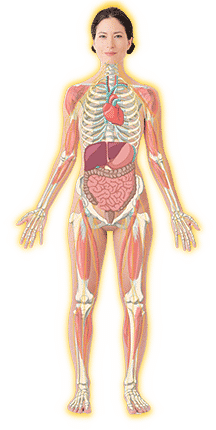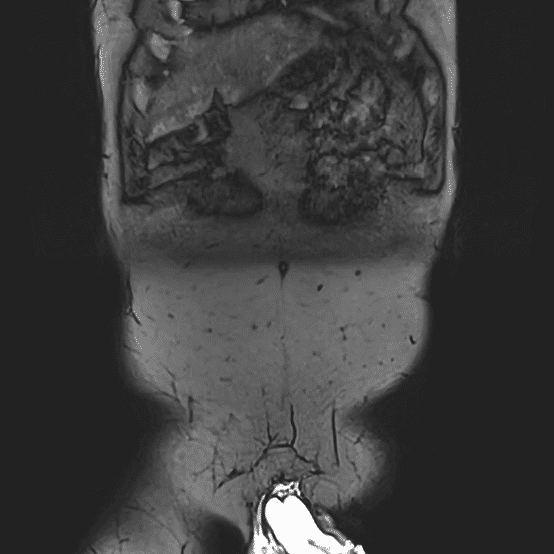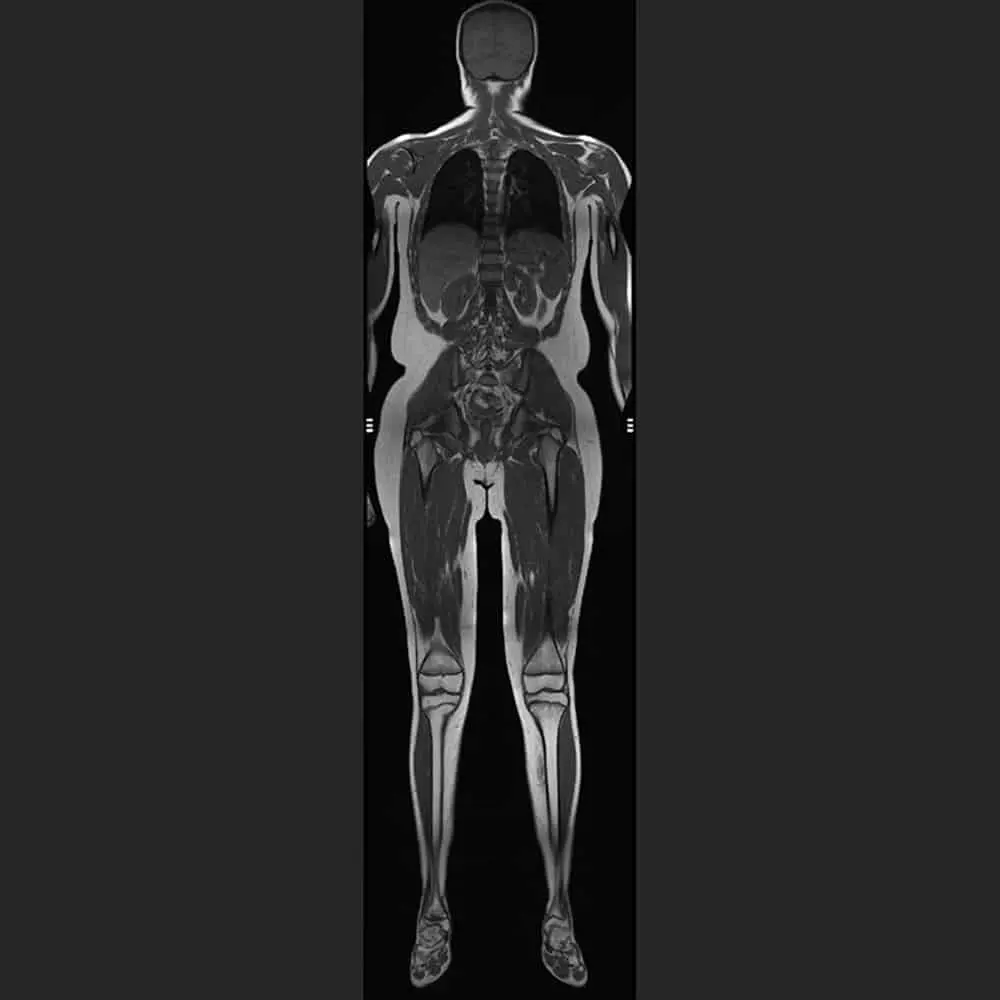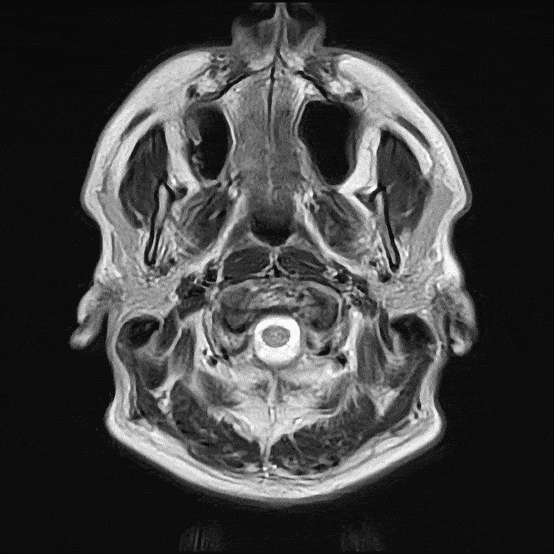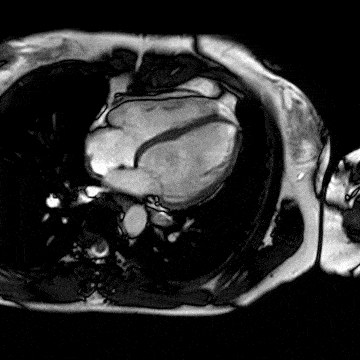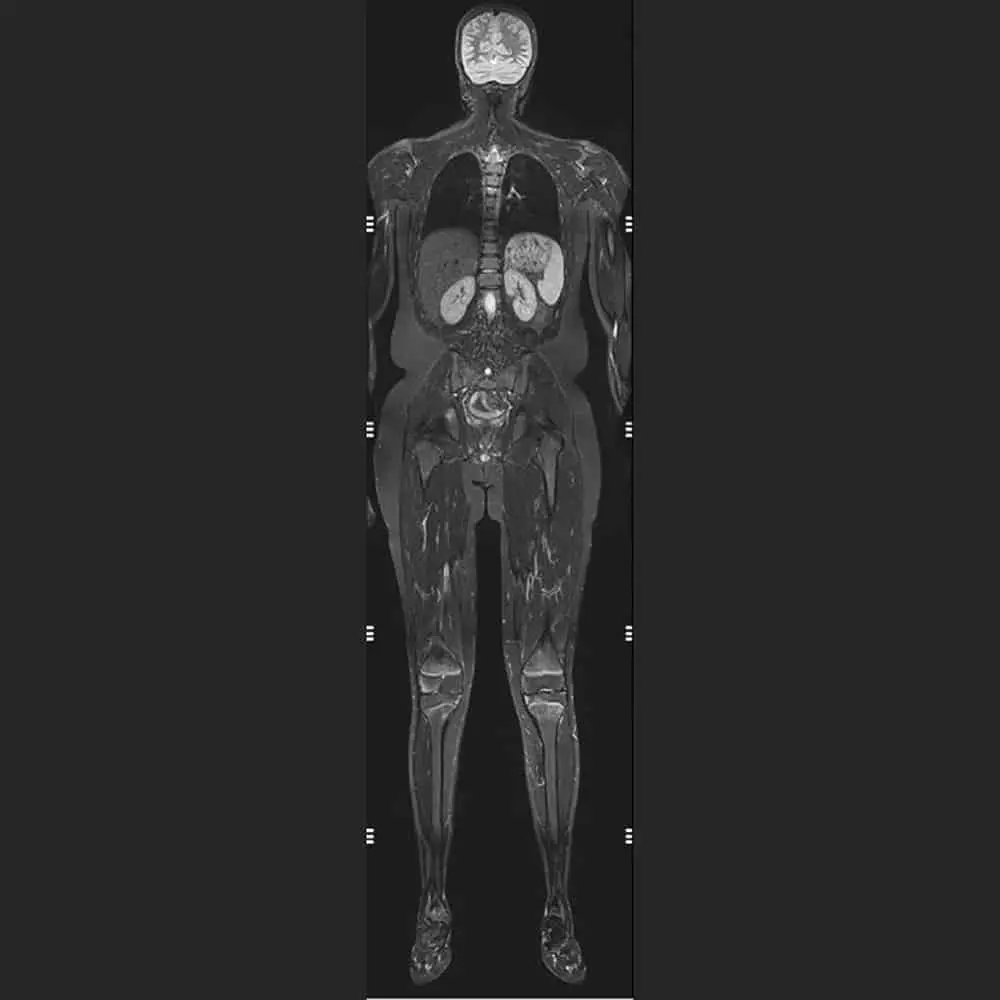Claustrophobia in an MRI machine affects only a few people. At ARISTRA, we work with modern MRI machines with a large opening and a short magnet length. Many claustrophobic patients can be treated in this way. You are in safe hands with our team. You will be in contact with the assistant during the entire examination. In addition, all patients receive a button that they can press in an emergency. The scan is then interrupted or stopped. In these cases, however, a detailed and usually important diagnosis is unfortunately not made, and the MRI has to be repeated at another time.
In exceptional cases, we offer patients with anxiety the administration of a sedative before the magnetic resonance imaging. The sedative relaxes the patient, and the patient can usually have his images taken without any problems. In that case, you should always bring a companion with you, as you are not allowed to actively participate in road traffic afterwards - neither as a car driver nor as a cyclist.
